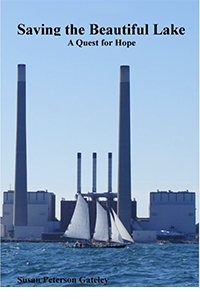The Television Academy awarded Ian Roberts ’87 the 2016 Emmy for Outstanding Variety Sketch Series as an executive producer. He was also nominated for Outstanding Writing for a Variety Series. Both awards were for his work on Key & Peele, a comedy series that ran for five seasons on Comedy Central.





